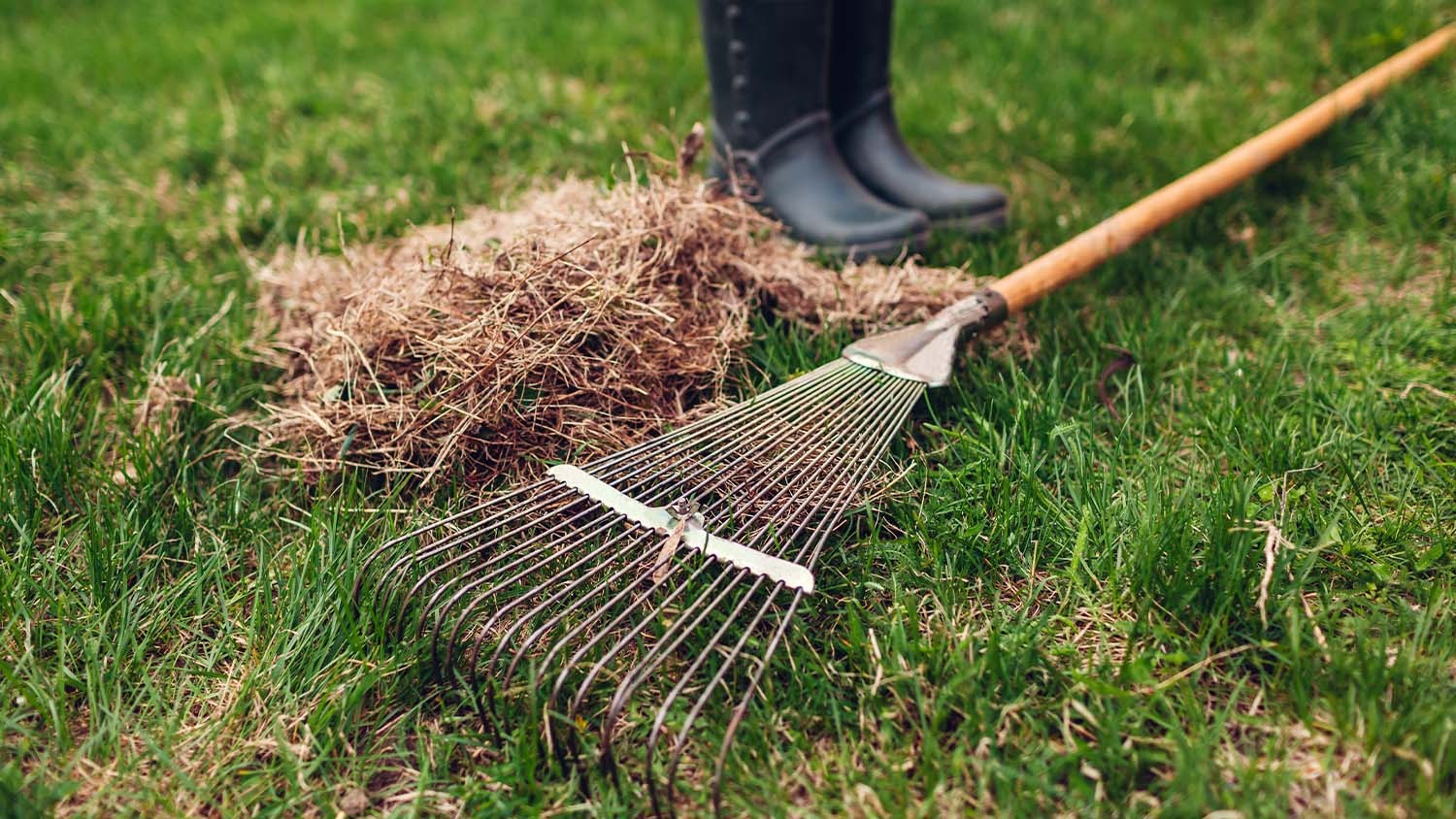MEMPHIS, Tenn. — Each year, hundreds of black men end up behind bars or killed, and many of those men grew up without a father.
A new ranking declared a crisis for black men, specifically those from fatherless homes. Tennessee had the eighth highest black homicide rate in 2016, according to a ranking from the Violence Policy Center.
Two local leaders are working to bring healing to black communities in Memphis. But the first step to solving a problem is admitting it exists.
“You have to think about what is offered in the streets,” Rep. Antonio Parkinson (D-Memphis) said.
Parkinson said the state’s high black homicide rate is about what he thought it would be.
“I’m not surprised, and it’s unfortunate that I am not surprised,” Parkinson said.
He was also not surprised a new study finds a correlation between homicide victims and the absence of a father at home.
“I think it is important for black males to police our own and that we come to the rescue of our own children,” Parkinson said.
Parkinson said when fathers don’t step up, the streets step in — giving youth the things they long for most.
“Family, security, sometimes financial gain, protection — those are all of the things fathers should be giving to their children,” Parkinson said.
He said if fathers step aside, other father figures must step in.
“I think it is just vitally important,” he said.
He’s not the only one thinking that it takes a village to fix a community. Ken Moody helped create the City of Memphis’ Manhood University three years ago.
“I think it is extremely important for men like me or those who are successful to give back and grab a hold,” Moody said.
The program works with six churches and requires a six-week commitment from attendees. It was created to reach young men in every part of the city in need of guidance.
“These young men need to know we care,” Moody said. “They need to know that we don’t sit back and think how we can incarcerate them.”
Moody said instead of zeroing in on the darkness, focusing on the light makes a brighter tomorrow possible.
“We need to do more; it is so easy to say how bad they are,” Moody said. “But what are we doing to help them better themselves.”
Both Parkinson and Moody pointed out they grew up in single-parent households but managed to steer clear of the pitfalls many fall victim to.
Manhood University is already in session, but it’s not too late to get in on the program.

















